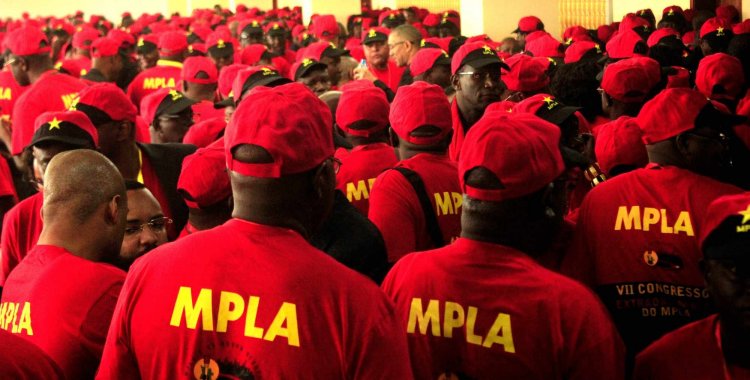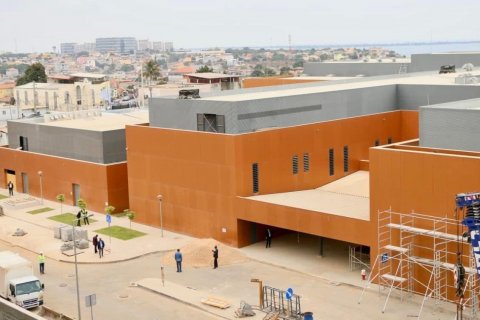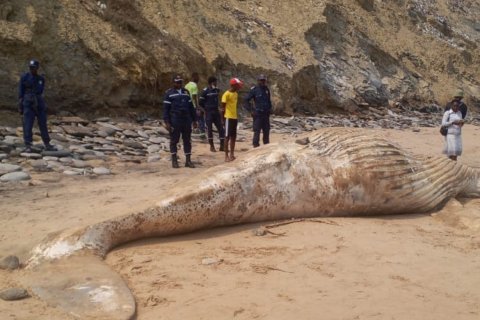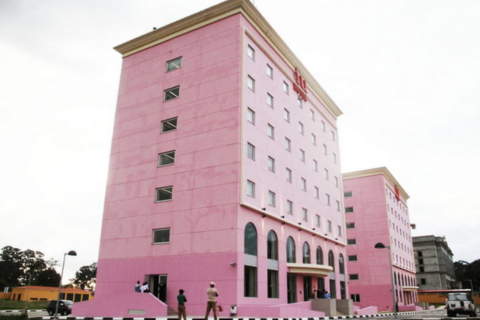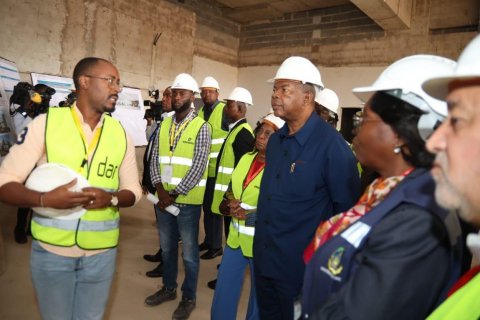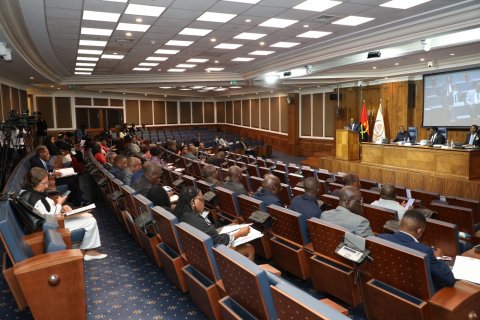In a press release, the Political Bureau of the Central Committee of the Popular Movement for the Liberation of Angola (MPLA) mourns the death, on Saturday, at the age of 99, of "one of the great sons of Angola, His Eminence Dom Alexandre Cardeal do Nascimento, Archbishop Emeritus of Luanda".
According to the statement, his professional career is linked to his political career in Angola under colonial rule, marked by the struggle for national liberation until independence.
"Dom Alexandre Cardeal do Nascimento left his mark on the struggle for national liberation and the defence of the integrity and independence of the Republic of Angola, reasons for which he was deprived of his freedom on more than one occasion", the note states.
Among his achievements, the MPLA highlights the creation of the Catholic University of Angola, the reopening of Rádio Ecclesia, an Angolan Catholic radio station, and the resumption of several important evangelisation infrastructures, giving greater scope to the Catholic Church.
A national and international figure, the information note highlights, Cardinal Alexandre do Nascimento leaves behind a vast bibliography, standing out among the main Angolan authors, "there being no doubt that the Angolan people have lost today an intrepid defender of their noble causes".
"At this time of pain and mourning for Angola", the MPLA hopes that the "patriotic spirit expressed in his words and actions will serve as an inspiration to all Angolans in the joint exercise of serving the people and making Angola grow".
Cardinal Alexandre do Nascimento, born on 1 March 1925, was a native of the province of Malanje, and was ordained a priest on 20 December 1952.
He graduated in Philosophy and Theology from the Pontifical Gregorian University in Rome and in Civil Law from the University of Lisbon.
He devoted himself to teaching in Luanda and was editor-in-chief of the Catholic newspaper "O Apostolado" between 1953 and 1956. In 1957, he was implicated due to his involvement in the cause of freedom for the Angolan people in the so-called "Trial of the Priests". He was forced by the Portuguese colonial authorities to take up residence in Lisbon, from where he returned ten years later.
In 1975, he was appointed bishop of Malanje and in 1977 he was promoted metropolitan archbishop of Lubango. He was kidnapped by the armed forces of the then UNITA opposition party in the province of Cunene, where he was apostolic administrator of the diocese of Ondjiva, and was released after an appeal from Pope João Paulo II.
On 5 January 1983, he was appointed cardinal by Pope João Paulo II, with the title of Cardinal-Priest of São Marcos in Agro Laurentino. He was transferred to the Archdiocese of Luanda in 1986, having resigned from the pastoral government of the archdiocese in 2001.

